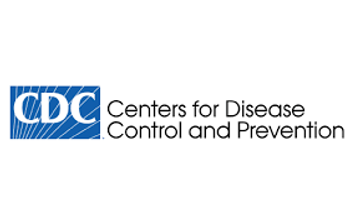
With millions of mRNA vaccine doses administered, the US Centers for Disease Control and Prevention (CDC) provide information on these events.

With millions of mRNA vaccine doses administered, the US Centers for Disease Control and Prevention (CDC) provide information on these events.
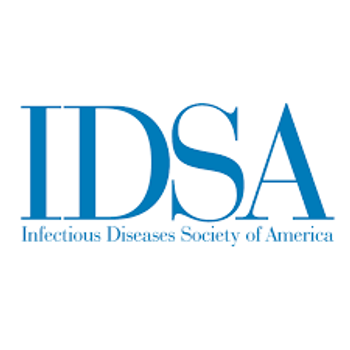
The session was part of the COVID-19 Real Time Learning Network.

The biweekly webinars hosted by renowned health care thought leaders provide resources to improve patient outcomes during COVID-19. Here's a recap of the first 5 discussions.

The interval between doses can be safely extended to 3 months given the protection a single dose offers.

Ruth Coker Burks’ new book, All the Young Men, chronicles her years at the bedside of victims.
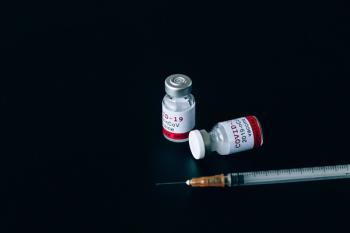
An Israeli study finds it had an 85% effect in lowering disease 2 to 4 weeks after administration of the initial vaccination.

Children are about half as susceptible as adults to contracting COVID-19, according to new research from Israel.
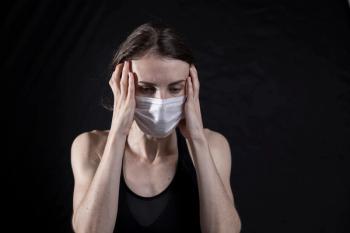
Findings may be valuable in situations where there is a limited testing capacity.
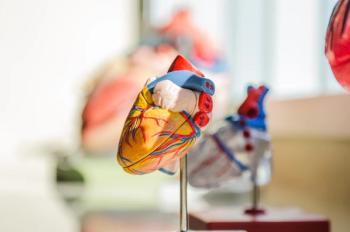
Findings indicate potential ways to identify individuals at higher or lower risk.
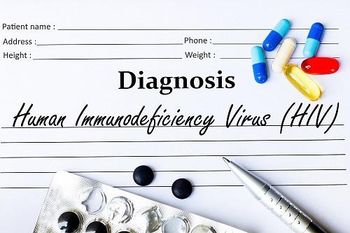
HIV testing and initiation of antiretroviral therapy (ART) fell in South Africa during the national lockdown in response to the coronavirus disease 2019 (COVID-19) pandemic, a new study shows.
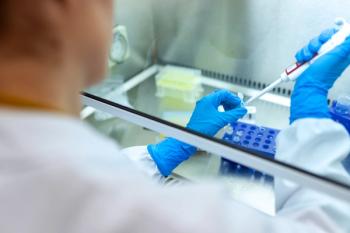
In lab studies, neutralizing antibody activity was reported but there was a reduction shown in both m-RNA vaccines.
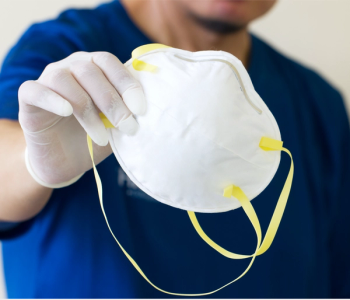
This indispensable personal protective equipment did come up in short supply and reuse strategies has become a topic of great interest and research.
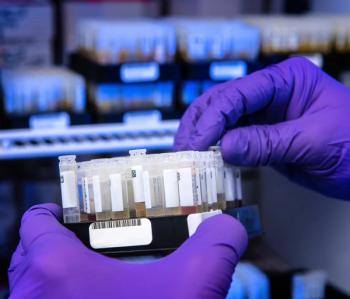
The government-funded trial will seek to interpret the virus' transmissibility and infection, in order to inform vaccination and treatment strategies.
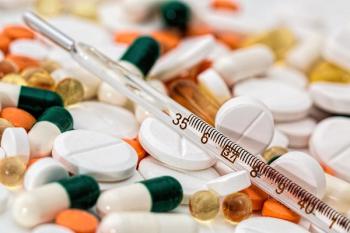
Study pinpoints the protein RIPK1 as a promising target for SARS-CoV-2 treatment.
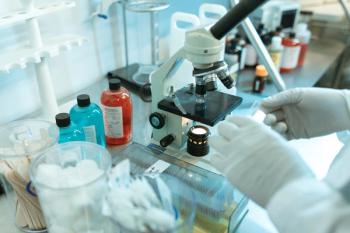
The study was the first randomized clinical trial using the therapy to treat POTS.

As more people contract and recover from COVID-19, a small percentage suffer from lingering or even new symptoms for months. Post COVID clinics aim to address the causes and provide relief.
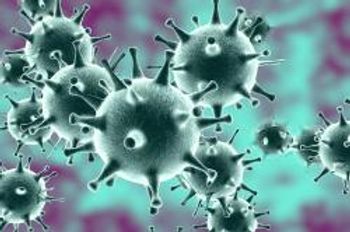
This new variant, B.1.525, was discovered in both the United Kingdom and Nigeria, and is now in 11 other countries including the United States.
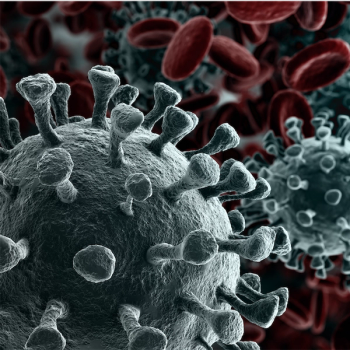

Evaluating the impact of the SARS-CoV-2 virus on hospitalized patients.
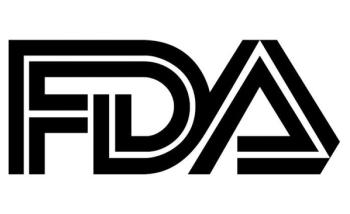
The PCR diagnostic joins the company’s host of other SARS-CoV-2 research solutions.
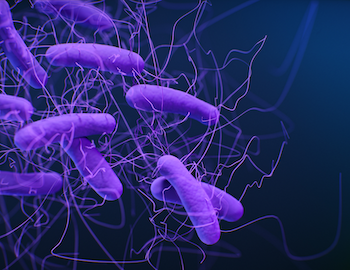
Clostridioides difficile thrives in an environment of inflammation which found that inflammation provides nutrients for C. diff and creates an inhospitable environment for competing bacteria.
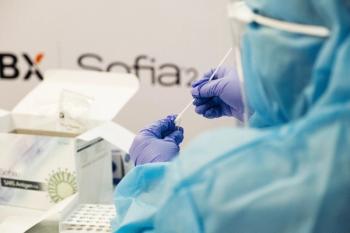
In an effort to understand the potential burden of asymptomatic SARS-Cov-2 infections in a traveling population, a group of investigators studied those entering China.
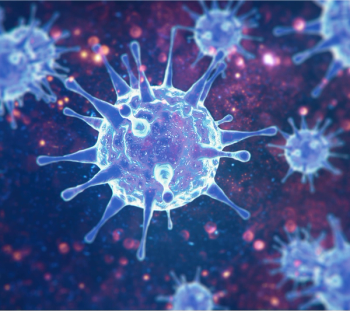
In this era of increasingly mobile and connected populations, it is possible for an infection to spread around the world in 24 to 48 hours.
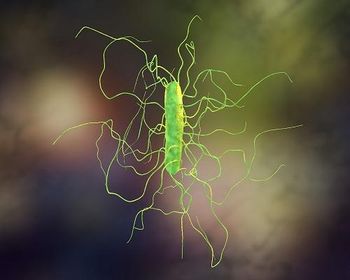
Investigators said their paper was the first systematic review and meta-analysis of C diff infection diagnostic methods in Korea.

The World Health Organization (WHO) listed the vaccine for emergency use to enable countries who do not have vaccine agreements in place to work towards vaccinating their populations.
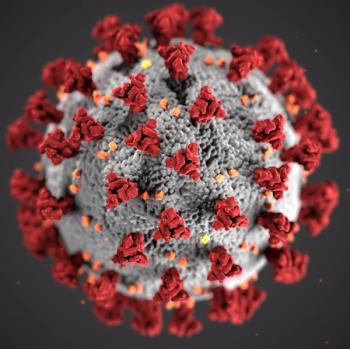
Preprint data show a US-based variant has come to represent more than 27% and 11% of all sequenced genomes in Louisiana and New Mexico, respectively, through mid-January.

CalciMedica has developed Auxora, a calcium release-activated calcium (CRAC) channel inhibitor, and it has shown it can reduce the levels of D-dimer, a key biomarker associated with COVID-19 mortality.
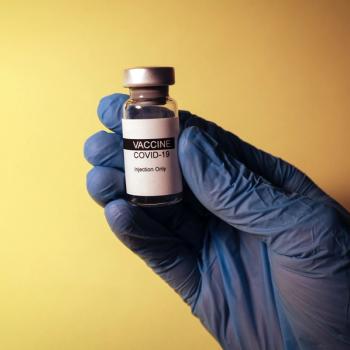
Case numbers trend downward in Germany as UK implements new border policies.
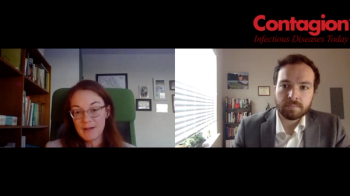
A new study suggests nursing homes with more people of color are actually at three-fold greater risk of COVID-19 mortality.
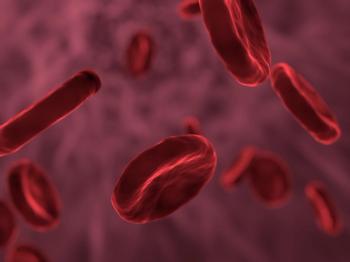
This technology is effective in cases that are difficult to diagnose.